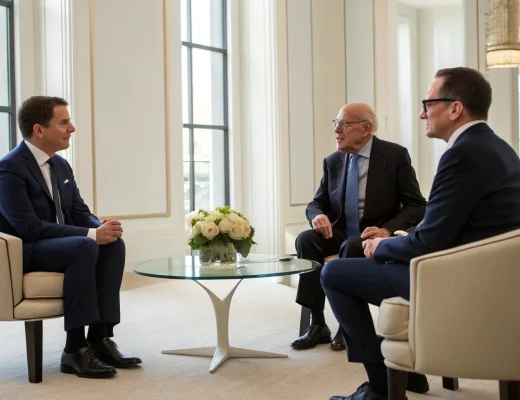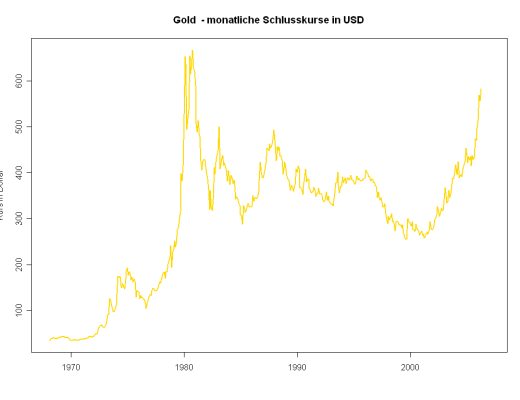The latest edition of the Federal Reserve’s Beige Book indicates Americans are finding creative ways to reduce their spending, particularly when it comes to vacations. This economic trend was highlighted in the most recent “Beigie Awards,” a recurring segment that analyzes economic storytelling eight times per year.
The economic report suggests consumers are becoming more cost-conscious in their leisure activities, reflecting broader patterns of financial caution across the country. The analysis draws unexpected parallels between historical figure Benjamin Franklin and modern Jersey Beach visitors, both sharing thrifty approaches to spending.
Consumer Spending Shifts
According to the Beige Book, which collects anecdotal information on current economic conditions through reports from Federal Reserve Bank branches, Americans are actively seeking ways to maintain their vacation traditions while spending less money. This represents a significant shift in consumer behavior that could impact tourism-dependent economies.
The report doesn’t indicate Americans are abandoning vacations entirely, but rather that they’re adopting more
budget-conscious approaches to leisure activities. This might include:
- Choosing closer destinations to reduce transportation costs
- Shortening vacation durations
- Selecting more affordable accommodations
- Reducing discretionary spending during trips
Historical Parallels in Frugality
The economic analysis draws an unexpected connection between Benjamin Franklin, known for his financial wisdom and frugality, and contemporary beachgoers along the Jersey Shore. This comparison suggests that traditional American values of thrift are resurfacing during the current economic climate.
Franklin, famous for sayings like “A penny saved is a penny earned,” promoted financial prudence throughout his life. The
Beige Book findings suggest modern consumers are adopting similar principles, finding creative ways to enjoy leisure activities while maintaining financial discipline.
The most recent Beige Book shows that Americans are finding ways to spend less money… including on their vacations.”
Economic Implications
This shift in consumer
spending habits could have significant implications for businesses in the tourism and hospitality sectors. Hotels, restaurants, attractions, and transportation
services may need to adapt their offerings to appeal to more cost-conscious travelers.
The Beige Book serves as an important economic indicator because it captures real-world economic conditions through qualitative reporting rather than just statistical data. This approach
often reveals emerging trends before they appear in quantitative economic reports.
The Federal Reserve uses these insights, along with other economic data, to inform monetary policy decisions. Consumer spending represents approximately 70% of U.S. economic activity, making these behavioral shifts particularly noteworthy for economic forecasters.
Broader Economic Context
The trend of reduced
vacation spending comes amid other economic pressures facing American households. While the report doesn’t explicitly state the causes, several factors could be contributing to this behavior:
Inflation has increased the cost of essentials like food, housing, and transportation, potentially leaving less discretionary income for vacations. Rising interest rates have made financing more expensive, affecting everything from
credit card debt to auto loans. Economic uncertainty may be prompting households to build savings rather than spend on leisure activities.
The Beige Book’s findings align with other economic indicators, suggesting consumers are becoming more selective about their spending. Retail sales data have shown mixed results across different sectors, with consumers prioritizing necessities over luxury items.
As Americans continue to navigate economic challenges, these spending adjustments reflect a pragmatic approach to maintaining quality of life while adapting to financial realities. The parallel to Benjamin Franklin suggests that this return to frugality may be seen as embracing traditional American values rather than simply reacting to economic pressure.
Whether this trend represents a temporary adjustment or a more permanent shift in consumer behavior remains to be seen as economic conditions evolve in the coming months.







